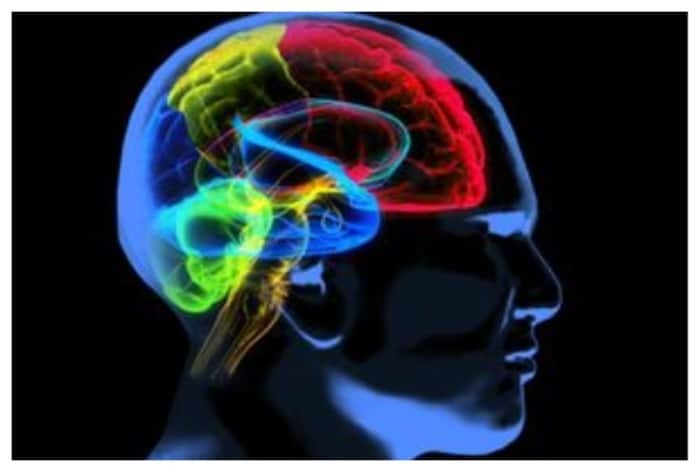
According to a study, standard hormone therapy for prostate cancer may increase the risk of Alzheimer's disease in men. Androgen deprivation therapy (ADT) is used to treat prostate cancer. It reduces testosterone (the most common androgen), which is needed by cancer to grow.
Removal of excess androgen increases the risk-
Researchers at the Medical College of Georgia, Augusta University in the US reported that the therapy removes androgens. Excessive androgen removal increases the risk of Alzheimer's. Qin Wang, director of the Alzheimer's Therapeutic Discovery Program at MCG, said, "We know that prostate cancer largely affects men over the age of 65, who are already at high risk of Alzheimer's due to their age."
However, he said in the paper published in the journal Science Advances, the role of androgen deprivation therapy is not largely understood. To understand this, the team created an animal model suffering from Alzheimer's disease and cancer. The team administered ADT for eight weeks while monitoring androgen levels and tumor size.
Next, the team developed other animal models. A so-called wild type (without Alzheimer's or cancer), a group with only Alzheimer's, and a group with only cancer that received ADT therapy. While there was no significant difference in plaque load at the end of eight weeks, they also found "greater activity in glial cells (which are part of the central nervous system)" in both the cancer-only and treated groups.
Causes of increase in inflammation-
This indicates inflammation in the brain, Wang said. In addition, they found an increase in pro-inflammatory cytokines, small proteins that cause increased inflammation, as well as a decrease in anti-inflammatory cytokines. The decline was particularly pronounced in animals with Alzheimer's and cancer who received ADT.
"Importantly, the animals had significant damage to the blood-brain barrier," Wang said. "ADT treatment is actually making the blood-brain barrier more permeable. That would explain why there is so much more inflammation in that group."
The combination of ADT and natalizumab has been used to treat multiple sclerosis and Crohn's disease. The team also treated mice with Alzheimer's and cancer. The treatment reduced infiltration, subsequently improving the blood-brain barrier, reduced the pro-inflammatory cycle, and improved other functions.
“We know that it is not only about amyloid plaques, but the immune system process is also a major contributing factor here,” Wang said on clinical trials in patients undergoing ADT for prostate cancer.

 Share
Share






